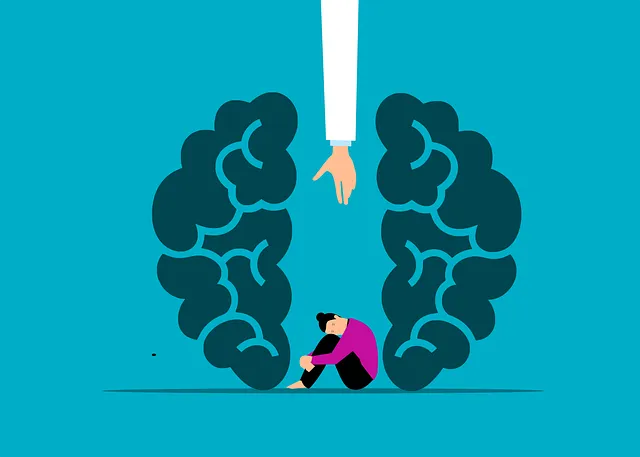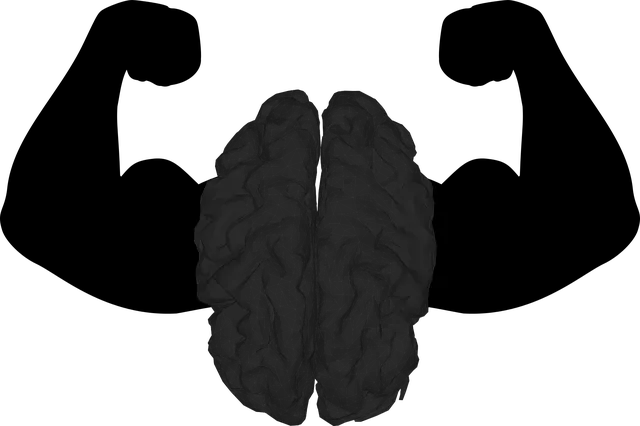The Lakewood Kaiser Permanente psychiatry reviews emphasize that mental wellness is not merely the absence of illness but holistic emotional resilience and psychological balance. Personalized self-care routines, tailored to individual experiences, cultural background, and environmental factors, are key. Practices like mindfulness, therapy, meditation, journaling, exercise, and stress management techniques build emotional regulation skills and resilience. Evaluating current self-care habits, prioritizing sleep hygiene, and culturally competent healthcare foster overall well-being. These strategies, highlighted in the reviews, empower individuals to maintain mental wellness aligned with their unique identities and heritage.
Developing a robust mental wellness self-care routine is essential for overall well-being, as highlighted by Lakewood Kaiser Permanente psychiatry reviews. This article guides you through a comprehensive approach to cultivating mental resilience. We start with understanding the cornerstone of mental wellness and how it differs from physical health. Then, we explore practical steps to assess your current routine, pinpoint areas for improvement, and craft personalized self-care strategies. Learn about integrating mindfulness, stress management, and building long-term resilience through consistent care.
- Understanding Mental Wellness: The Foundation of Self-Care
- Assessing Your Current Routine and Identifying Areas for Improvement
- Crafting a Personalized Self-Care Strategy: Essential Practices
- Integrating Mindfulness and Stress Management Techniques
- Building Resilience: Long-Term Mental wellness Through Consistent Care
Understanding Mental Wellness: The Foundation of Self-Care

Mental wellness is a holistic concept that encompasses not just the absence of mental illness but also emotional resilience, psychological balance, and overall well-being. It’s about understanding and managing your thoughts, feelings, and behaviors to lead a fulfilling life. At Lakewood Kaiser Permanente, psychiatry reviews highlight the importance of recognizing individual needs and tailoring self-care routines accordingly. This foundation involves cultivating emotional regulation skills to navigate stress, anxiety, and difficult emotions effectively.
The process begins with acknowledging one’s unique mental landscape, which is influenced by personal experiences, cultural background, and environmental factors. Cultural sensitivity in mental healthcare practice plays a pivotal role here, ensuring that self-care strategies resonate with an individual’s identity and heritage. By integrating emotional healing processes into daily routines, such as mindfulness practices, therapy sessions, or creative outlets, people can foster resilience and maintain optimal mental wellness.
Assessing Your Current Routine and Identifying Areas for Improvement

Taking a step back to assess your current self-care routine is essential when prioritizing mental wellness. This involves reflecting on your daily habits and activities—how much time do you dedicate to relaxation, exercise, or connecting with others? According to Lakewood Kaiser Permanente psychiatry reviews, many individuals struggle to identify pockets of improvement due to busy schedules or a lack of awareness. Recognizing areas where you can enhance your routine is crucial for fostering resilience and overall well-being.
Consider areas such as sleep hygiene, stress management, and social connections. For instance, if you’re consistently sacrificing sleep for work or leisure, this could impact your mental health. Similarly, lacking cultural competency training with your healthcare provider might affect the support and care you receive. Building confidence through self-care practices like meditation or journaling can empower individuals to seek help and make informed decisions about their mental wellness journey.
Crafting a Personalized Self-Care Strategy: Essential Practices

Crafting a personalized self-care strategy is an essential practice for maintaining mental wellness. It involves understanding your unique needs and incorporating tailored activities that promote relaxation, resilience, and overall well-being. At Lakewood Kaiser Permanente, psychiatry reviews highlight the importance of a holistic approach to mental health care. Your healthcare provider can offer valuable insights and Crisis Intervention Guidance based on your specific circumstances and preferences.
Self-Care Practices may include activities such as mindfulness meditation, regular physical exercise, adequate sleep hygiene, and engaging in hobbies or creative outlets. Incorporating these practices into your daily routine not only enhances your mental resilience but also fosters a deeper connection with yourself. Remember, cultural competency training for healthcare providers is crucial in ensuring that self-care guidance aligns with individual values and cultural beliefs, making it a truly personalized journey towards optimal mental wellness.
Integrating Mindfulness and Stress Management Techniques

Incorporating mindfulness and stress management techniques into your self-care routine is a powerful strategy for maintaining mental wellness, as highlighted by many Lakewood Kaiser Permanente psychiatry reviews. These practices are backed by extensive research, demonstrating their effectiveness in reducing stress levels and improving overall well-being. Mindfulness encourages individuals to focus on the present moment, fostering a deeper sense of calm and awareness. It involves observing thoughts and emotions without judgment, allowing for better coping mechanisms when faced with challenging situations.
Stress management techniques complement mindfulness by providing practical tools to navigate stressful scenarios. This may include deep breathing exercises, progressive muscle relaxation, or engaging in physical activities that reduce tension. By incorporating these practices into daily life, individuals can enhance their resilience and adaptability, crucial aspects of mood management. Public Awareness Campaigns Development and Cultural Sensitivity in Mental Healthcare Practice play a significant role in disseminating knowledge about such techniques, encouraging their adoption for improved mental health outcomes.
Building Resilience: Long-Term Mental wellness Through Consistent Care

Building resilience is a cornerstone of long-term mental wellness, and establishing a consistent self-care routine can be a game-changer. At Lakewood Kaiser Permanente psychiatry, reviews consistently highlight the importance of daily practices that nurture mental health. Self-esteem improvement, for instance, can be fostered through regular journaling exercises, allowing individuals to reflect on their strengths and achievements. This practice not only boosts coping skills development but also provides a space for processing emotions and experiences, which is crucial in building resilience.
A structured routine enables individuals to proactively manage stress and adversity, ensuring they have the tools needed to navigate life’s challenges. Incorporating activities like meditation, physical exercise, and mindfulness can significantly enhance mental wellness. These practices promote better emotional regulation, improve overall self-care, and contribute to a more positive outlook on life—all of which are essential components for building resilience over time.
Developing a robust mental wellness self-care routine, tailored to your unique needs, is a powerful tool for enhancing overall well-being. By understanding the importance of mental health, assessing your current practices, and incorporating essential strategies like mindfulness and stress management, you can create lasting positive change. At Lakewood Kaiser Permanente psychiatry, we encourage our patients to prioritize their mental wellness through personalized care plans that foster resilience and promote a healthier, happier life. Remember, consistent self-care is key to navigating life’s challenges and cultivating a vibrant, fulfilling future.






